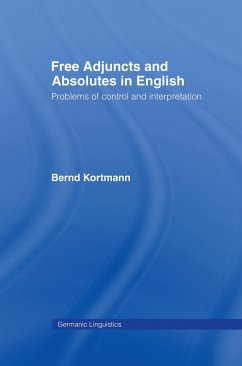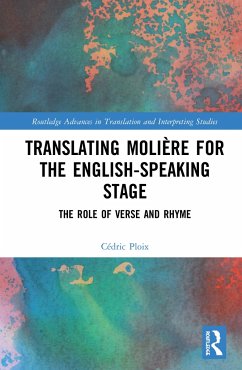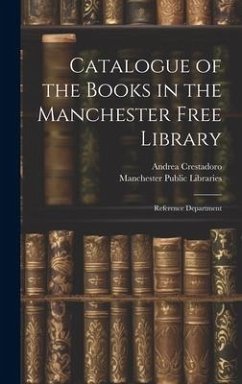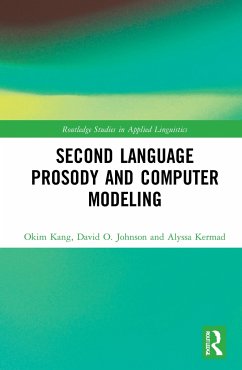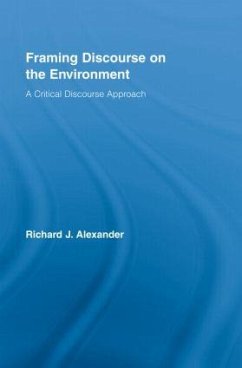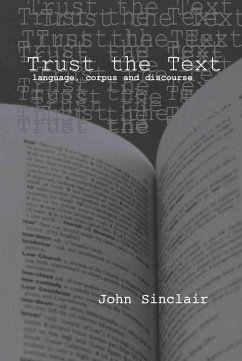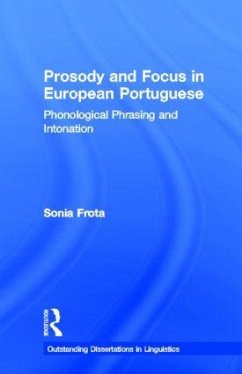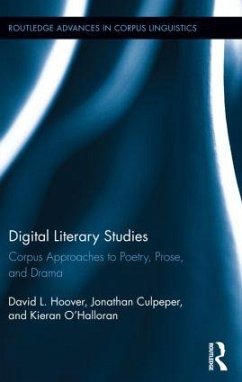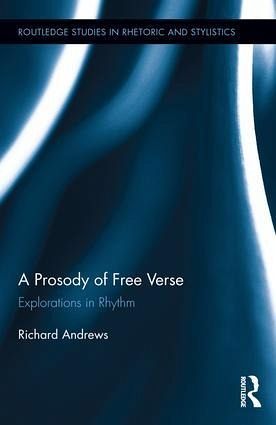
A Prosody of Free Verse
Explorations in Rhythm
Versandkostenfrei!
Versandfertig in 1-2 Wochen
185,99 €
inkl. MwSt.
Weitere Ausgaben:

PAYBACK Punkte
93 °P sammeln!
A Prosody of Free Verse sets out, for the first time, a comprehensive system for accounting for the irregular rhythms that characterize unrhymed and unmetrical poetry. In this groundbreaking study, Richard Andrews provides a detailed analysis of free verse in order to theorize how the rhythmic patterns that underlie it are constituted and structured. Whereas previous attempts have focused on variations on regular metre, this volume breaks away form that tradition and draws upon the two wellsprings of free verse: music and dance. The book also suggests that whereas the 'foot' is the basic unit ...
A Prosody of Free Verse sets out, for the first time, a comprehensive system for accounting for the irregular rhythms that characterize unrhymed and unmetrical poetry. In this groundbreaking study, Richard Andrews provides a detailed analysis of free verse in order to theorize how the rhythmic patterns that underlie it are constituted and structured. Whereas previous attempts have focused on variations on regular metre, this volume breaks away form that tradition and draws upon the two wellsprings of free verse: music and dance. The book also suggests that whereas the 'foot' is the basic unit of rhythm in metrical verse, the 'line' is the better unit for analysis in free verse.





